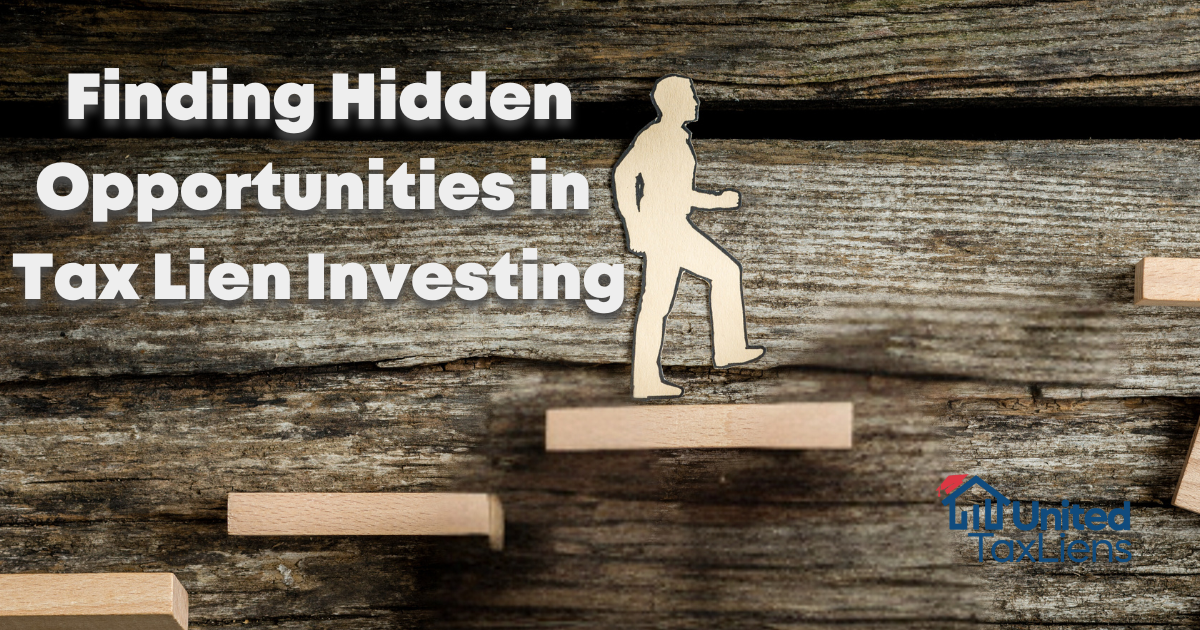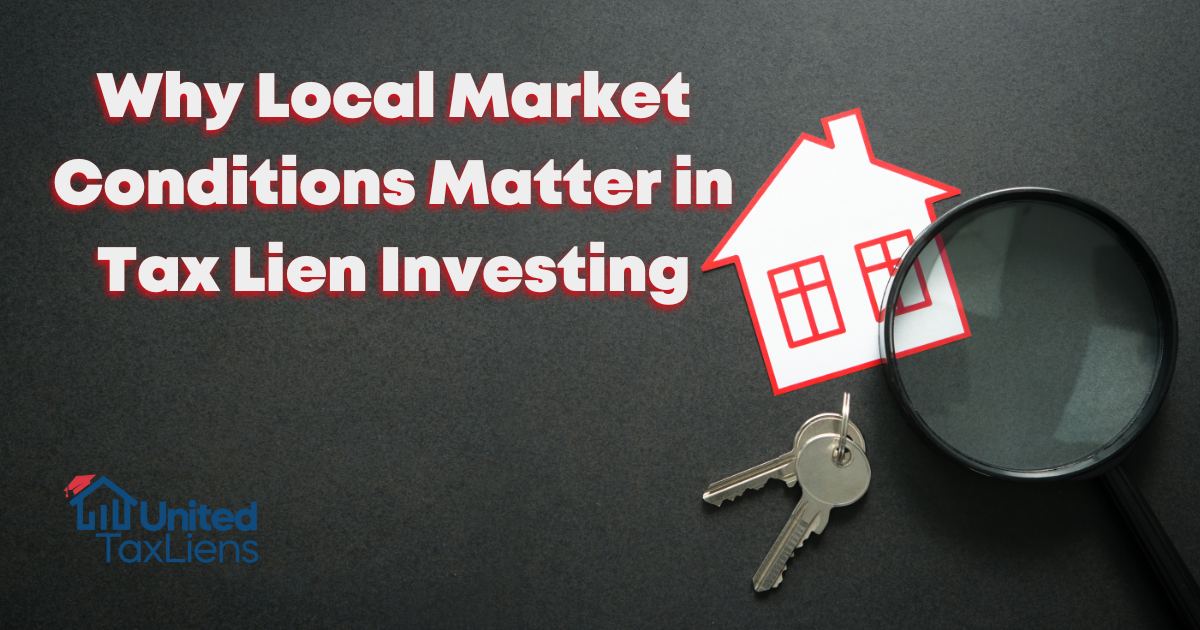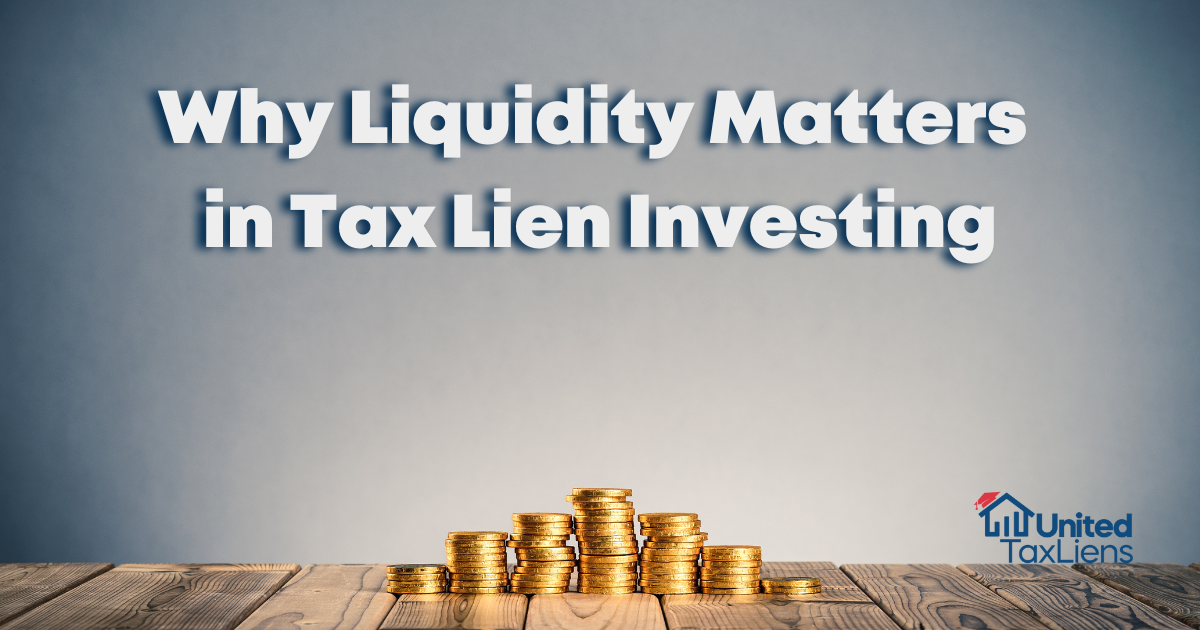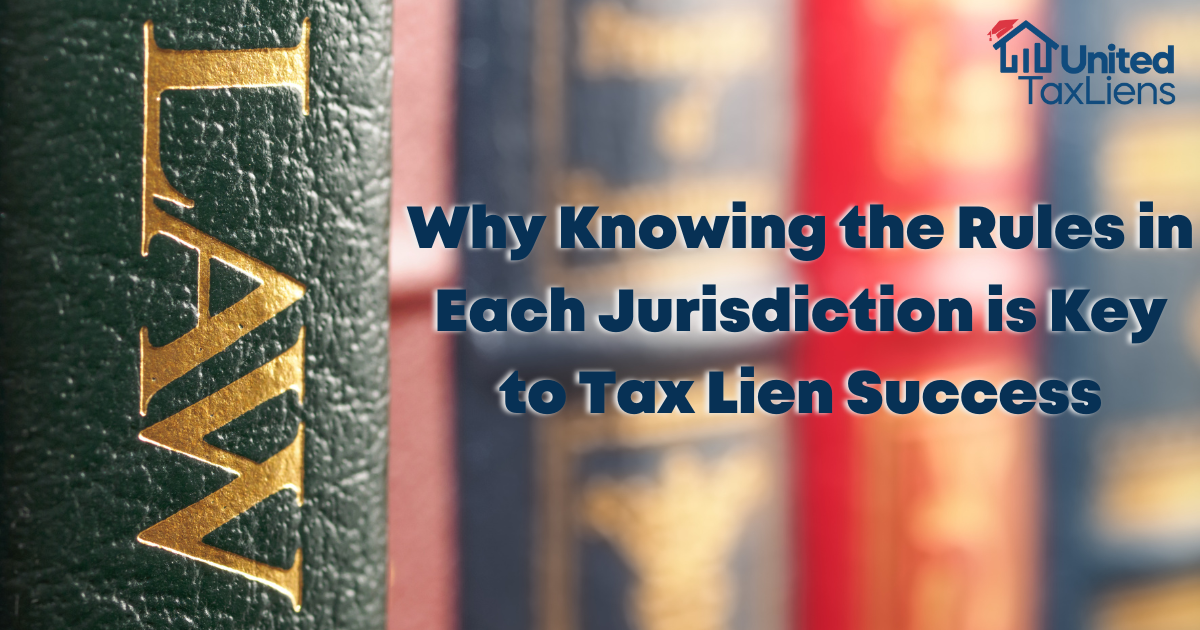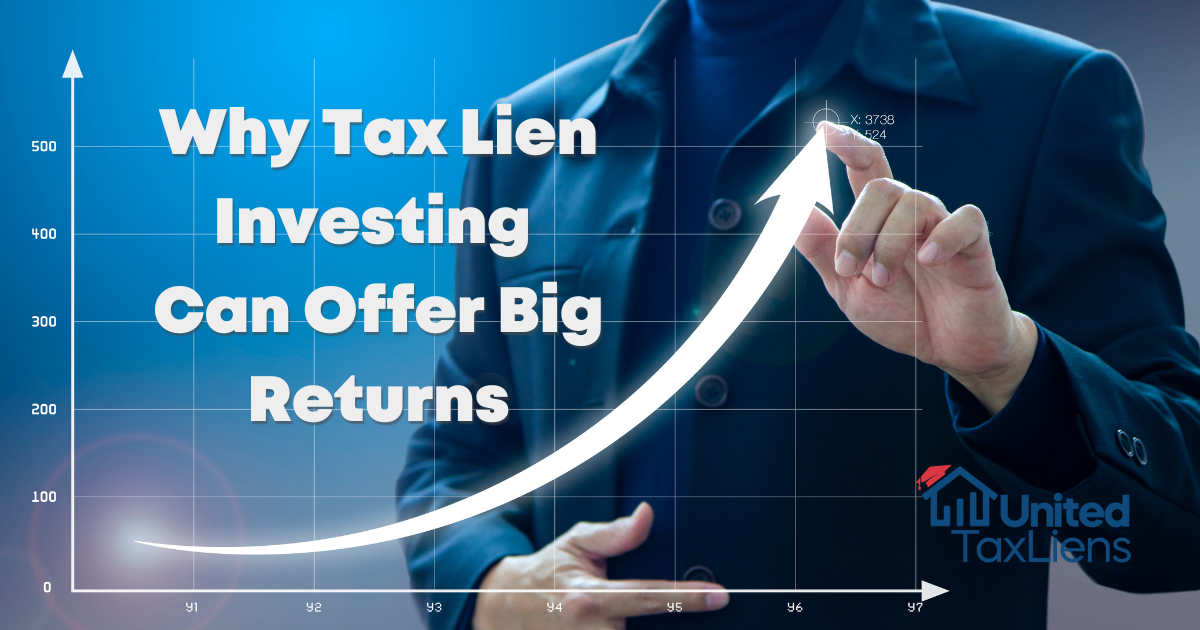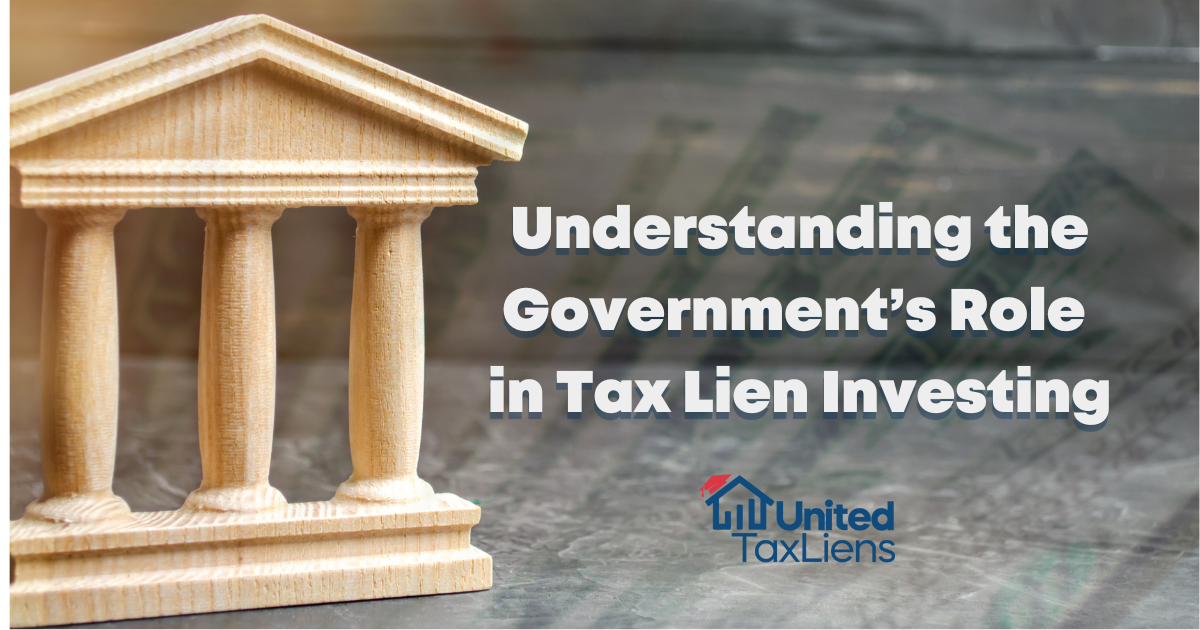
Investing in tax liens isn’t just about crunching numbers and analyzing properties—it’s also about who you know. Engaging with local authorities, legal experts, and other investors can provide valuable insights that help you stay ahead of the game. In this world, building a solid network isn’t just nice to have—it’s a strategic must. Let’s break down why building connections is so crucial.
First off, let’s talk about local authorities. Developing good relationships with the people in your target area’s tax offices or government departments can give you the inside track on upcoming auctions, changes in regulations, and other key updates. Being on their radar can make a difference when navigating red tape or getting answers to your questions quickly.
Another invaluable resource? Legal professionals. Having a go-to real estate attorney who knows tax lien laws inside and out can be a game-changer. They can help you understand the fine print, avoid legal pitfalls, and guide you through complex processes like foreclosure. It’s always good to have someone in your corner who knows how to interpret all the legal jargon.
And then there are other investors. Networking with peers—whether it’s at industry conferences, online forums, or local meetups—creates opportunities to swap stories, share strategies, and even collaborate on deals. Learning from others’ successes (and mistakes) can save you time and money, especially if you’re new to the field.
Don’t overlook the value of real estate professionals either. Realtors, appraisers, and property managers have on-the-ground knowledge that can complement your research. They can provide insights into local market conditions, property values, and emerging trends, giving you a fuller picture of the area you’re targeting.
Even community engagement can pay off. Getting involved in local events or simply chatting with residents can reveal information that isn’t always obvious from market reports. Plus, being known as a community-friendly investor can build goodwill and potentially lead to new opportunities.
It’s also smart to stay connected with tax offices and assessors. These folks have direct access to information about property assessments, upcoming auctions, and any changes to tax laws. Regular communication here can ensure you’re always in the loop on what’s coming down the pipeline.
Of course, attending industry events and seminars is a fantastic way to stay up-to-date on the latest trends and regulations in the tax lien world. These gatherings are also prime networking opportunities where you can meet like-minded professionals and expand your network.
If in-person events aren’t your thing, online forums and communities are great alternatives. You can connect with investors from all over, share experiences, ask questions, and learn from a diverse pool of people—all from the comfort of your own home.
And for those looking to level up quickly, consider seeking a mentor. Having someone experienced to guide you through your first few deals can be invaluable. Mentors can offer advice, share real-world insights, and help you navigate those inevitable bumps in the road.
The bottom line? Successful tax lien investing isn’t just about understanding properties—it’s about building connections. Whether you’re tapping into the knowledge of local authorities, learning from seasoned pros, or engaging with your community, your network is a powerful tool. So don’t hesitate to reach out, build those relationships, and keep expanding your circle. In a complex field like this, sometimes who you know is just as important as what you know.
This blog is for informational purposes only and should not be relied upon as financial or investment advice. Real estate investing carries risks, and individual results will vary. Always consult with your team of professionals before making investment decisions. The authors and distributors of this material are not liable for any losses or damages that may occur as a result of relying on this information.
